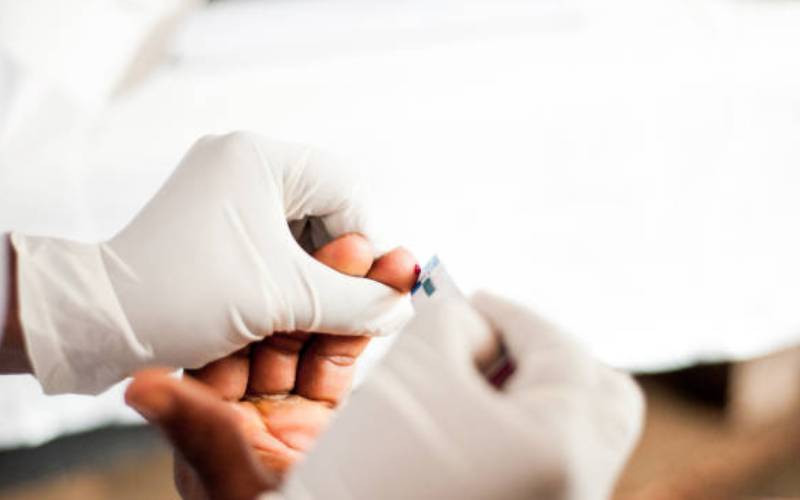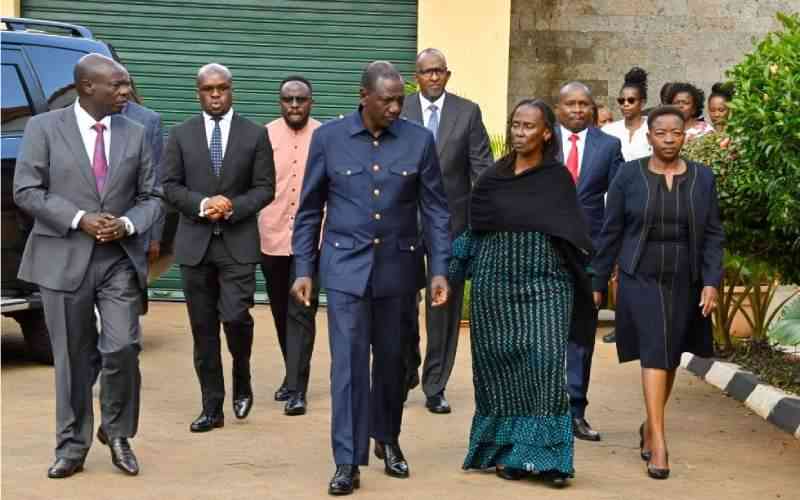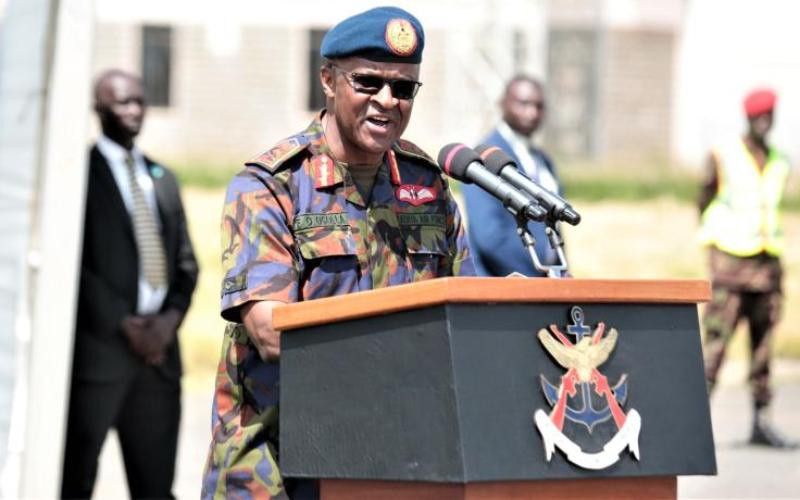
Kenya: The Kenyan delegation to the African Union (AU) Summit in Addis Ababa, Ethiopia has mounted a spirited campaign to move Deputy President William Ruto's case from the International Criminal Court (ICC).
A group comprising of Jubilee Members of Parliament and civil society leaders met at the old AU headquarters last evening where it was agreed that they lobby for the ratification of the African Court of Justice and Human Rights.
So far, only Kenya has signed the amendments to the Malabo Protocol that requires a minimum of 14 signatures, meaning that the delegation faces a race against time to get the requisite numbers before tomorrow.
Despite the enormity of the task awaiting them, the delegates remained upbeat that they will convince the presidents and their representatives that the continued appearance of DP Ruto at The Hague-based court was dangerous.
Most Kenyan delegates told the meeting, convened by pro-government civil society, that communities in Rift Valley were pacified by the Uhuruto presidency ticket, and the gains made were quickly disappearing since President Uhuru Kenyatta's charges were dropped.
Nairobi County Woman Representative Rachael Shebesh requested the delegates to push for an African court that will come up with African solutions for preparative justice.
"I can see an effort by the ICC and its donors to ensure that we go back into turmoil and that means all the effort from community elders and women across the country to build harmony and trust among communities will go to waste," said Ms Shebesh.
Others speakers among them Thika MP Alice Ng'ang'a, argued that the ICC had become a big hindrance to peace building in Kenya despite the fact that the country "had come of age" after the Jubilee government came to power.
Fears were raised by the MPs over the absence of high ranking delegates from other African countries at the meeting that was graced by a few activists from Southern Sudan, Nigeria, Rwanda, Uganda and Zimbabwe.
"What are we going to achieve with this kind of talk. The issues raised are good because things in Kenya changed the moment Uhuru and Ruto were elected but who are we talking to so that we push this agenda?" asked Pokot South MP David Pkosing.
A 15-minute documentary showing the developments in Kenya since the 2007 violence, including resettlement of IDPs, the ICC cases, ICC Prosecutor Fatou Bensouda's admission that she could not prosecute Uhuru and the admission by witnesses that they made up evidence to fix Ruto was played.
The civil society groups agreed to lead a campaign supported by the MPs to collect 15 million signatures at the meeting.
 The Standard Group Plc is a
multi-media organization with investments in media platforms spanning newspaper
print operations, television, radio broadcasting, digital and online services. The
Standard Group is recognized as a leading multi-media house in Kenya with a key
influence in matters of national and international interest.
The Standard Group Plc is a
multi-media organization with investments in media platforms spanning newspaper
print operations, television, radio broadcasting, digital and online services. The
Standard Group is recognized as a leading multi-media house in Kenya with a key
influence in matters of national and international interest.
 The Standard Group Plc is a
multi-media organization with investments in media platforms spanning newspaper
print operations, television, radio broadcasting, digital and online services. The
Standard Group is recognized as a leading multi-media house in Kenya with a key
influence in matters of national and international interest.
The Standard Group Plc is a
multi-media organization with investments in media platforms spanning newspaper
print operations, television, radio broadcasting, digital and online services. The
Standard Group is recognized as a leading multi-media house in Kenya with a key
influence in matters of national and international interest.










